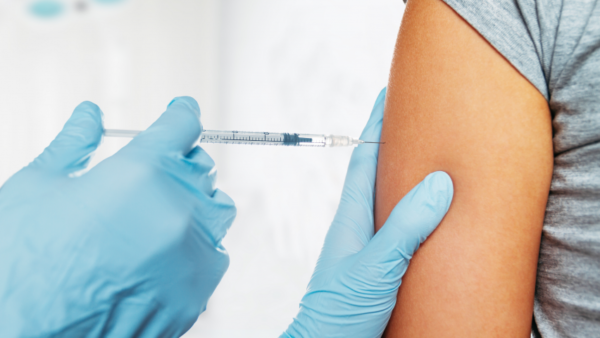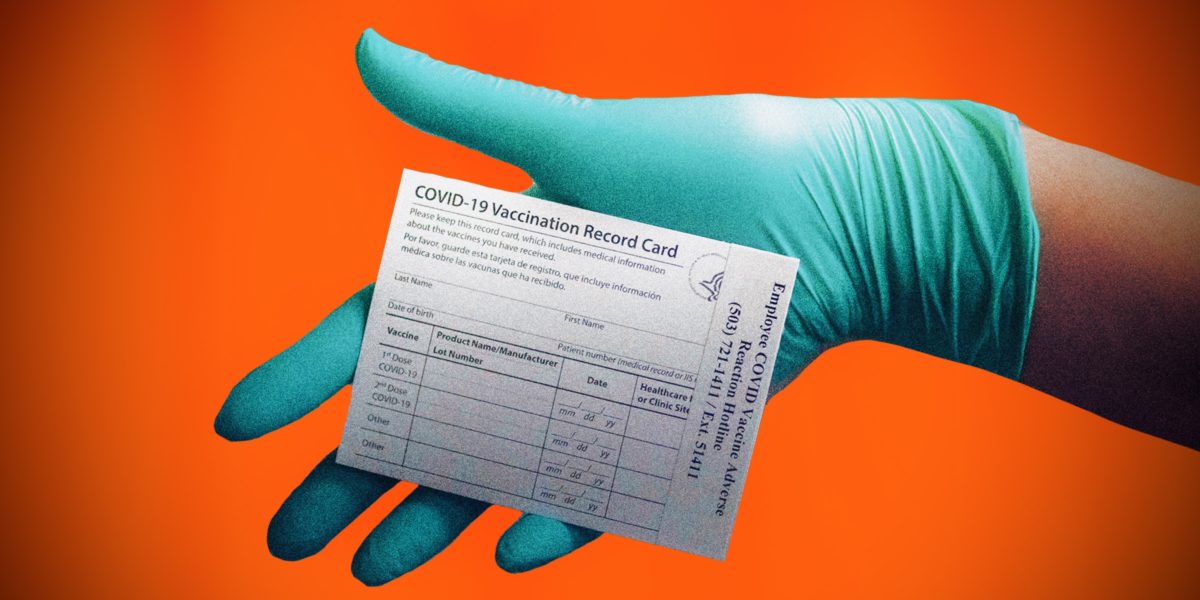In 2018, the Supreme Court ruled in the case of Masterpiece Cakeshop vs. Colorado Civil Rights Commission that a small business had a Constitutional right to refuse custom cake-decorating services for gay couples based on the religious beliefs of its owners. This ruling is one of many sent down by contemporary American judges that demonstrate a proclivity for defending the rights of private businesses to speak freely and/or assert religious expression with the same legal protections afforded to individuals. If judges can defend a business owner’s right to discriminate against customers based on their sexual orientation, then surely the same legal arguments should offer ample protection for allowing restaurant owners to protect customers by requiring vaccinations—not only to ward away the virus but to shield them from the carelessness of their fellow citizens.
Hospitality professionals are merchants of comfort. The pandemic has thrown us off our center, creating unthinkable challenges to existing templates for welcoming guests and making people happy. It’s becoming impossible to ignore how dangerous and destabilizing it is to invite unvaccinated people into our dining rooms. As with any other sanitary issue, if our spaces are unfit for welcoming the public, then we don’t open them until they’ve been sanitized. Providing a safe haven for guests is the most basic fundamental responsibility we have in hospitality.
Requiring vaccinations isn’t an arbitrary rule like seating incomplete parties or forbidding menu substitutions. Aside from the obvious threat to human life, it wouldn’t be hospitable to leave any guests vulnerable because a gaggle of defiant, conspiracy-minded people perceive vaccination mandates to be invasions of privacy. Restaurants cannot knowingly allow themselves to be vectors for transmitting disease. A study done recently in Los Angeles showed that restaurants accounted for half of the city’s most serious outbreaks. The data suggests overwhelmingly that restaurant spaces should continue to exercise an abundance of caution.
The country as a whole has taken a step backward in the fight against Covid-19 as the resurgent virus feasts on our population’s nutritious cynicism toward science. The restaurant industry—already decimated by over a year of lockdowns and restrictions—can’t afford another blow to consumer confidence. Yet here we are. Case counts have returned to levels not seen since last summer, and vaccine-curious states like Missouri, Arkansas, Louisiana and Nevada have become hot spots again. Florida recently surpassed its record number of hospitalizations since the pandemic began with 10,207 Covid-19 patients admitted in one day surpassing the previous record set in July 2020.
The Delta variant has forced the medical community to confront the sobering possibility that our current arsenal of vaccines may not provide bulletproof protection from the shapeshifting virus. Although breakthrough cases are still a fraction of the total infections and few have resulted in severe disease or death, they’re becoming alarmingly more common. Mask mandates are being reconsidered or reinstated, and, of course, restaurants are always at the top of the list of businesses that are expected to adjust their protocols to protect the public from itself. We are expected to police your behavior, but who is protecting us?
The health of the restaurant business, like most sectors in the service industry, is predicated on public trust. As much as the virus itself is a threat to our solvency, the bigger threat is the public perception of how dangerous it is to go out. Whether or not you believe in their efficacy, vaccines help moderate the public’s anxiety about getting sick.

The pandemic year has forced restaurants to think differently about how our communal spaces provide sanctuary. It’s exposed how vulnerable restaurants are not only as commercial endeavors, but also as nervous centers of our communities. But restaurants aren’t churches either. They’re designed to turn accommodation into profit, and welcoming the public unconditionally requires forfeiting control over the experience. If anything, restaurants operate more like hospitals, where money is exchanged for care in a safe, sterile environment. No hospital should ever refuse someone care, but, when you’re admitted to one, you’re expected to adhere to a set of rules that are laid out in the best interests of keeping everyone, including the medical staff, healthy.
Restaurants everywhere have gone to great lengths to allay guests’ fears about the pandemic—retrofitting their dining rooms with plexiglass dividers, adding new ventilation and air purification systems, developing digital menus, and installing portals for contactless payments. At the same time, getting the public to agree on the nature of the threat we face is a war of attrition, not coincidentally, the same quandary that hospitals and public health professionals have been facing since the pandemic began.
Some restaurant owners in areas with lower vaccination rates will shy away from mandating stricter protocols. If they perceive that guests will be irritated by their requiring proof of vaccination, they’ll probably skirt the issue with toothless recommendations over firm policy. Some owners simply can’t afford to alienate a large portion of their clientele base if they serve a community with a higher percentage of Covid truthers.
Even though it shouldn’t be, vaccination requirements have already become highly politicized. The growing number of restaurants that have come out publicly with their plans to verify vaccination status have had their businesses slandered on review sites like Yelp and Trip Advisor by people who never dined with them. But as with most pejorative online reviews, their authors have it all wrong. These restaurants deserve praise for implementing safety measures to protect their staff and guests. It’s good service.
All of this begs the question: What is the guest’s responsibility in helping to keep restaurants safe from the spread of the Coronavirus? There’s an implied passivity to being a restaurant guest that for many people is part of the charm of dining out. But this is no time for complacency. We all desperately missed restaurants while they were gone, and having lost them, even temporarily, should deepen our appreciation for the challenges they’ve faced over the course of this devastating year. Want to show your local restaurants how much you missed them? Present your vaccination card first thing when you walk through the doors, even if they don’t ask for it. Trust me, it’s like showing up with a bouquet of flowers.


This article aged very poorly. Also, op-eds on this particular subject should only be permissible to writers with larger scope for intelligent thinking.